Live Streaming
Program Highlight
Company Profile

International News (6889)
September
Exploring the Future of Film: Venice Immersive Merges Cinema with Virtual Worlds
Written by Ofra Regina Suharsil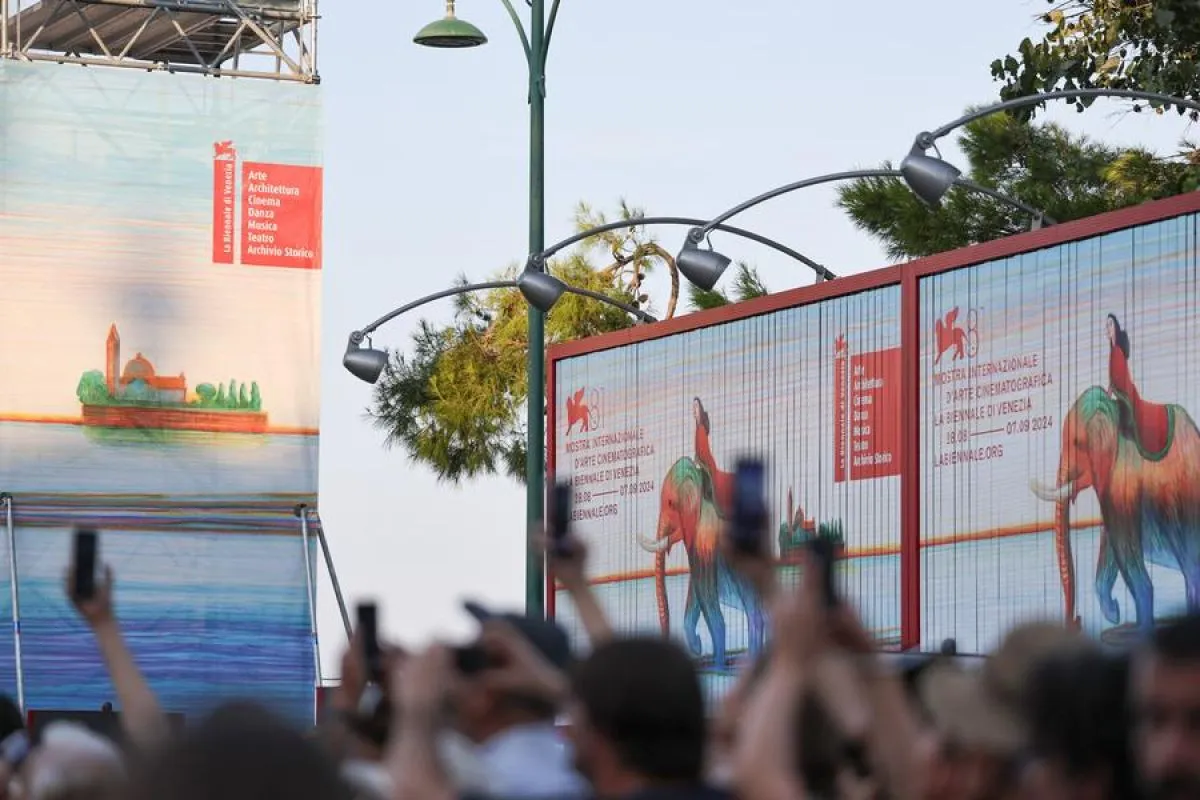
People take photos near the Palazzo del Cinema during the 81st Venice Film Festival on Lido Island, Venice, Italy, on August 30, 2024. (Photo by: ANTARA/Xinhua/Li Jing)
September
Indonesia and Eswatini Strengthen Ties with New Visa-Free Agreement for Diplomatic Passport Holders
Written by Ofra Regina Suharsil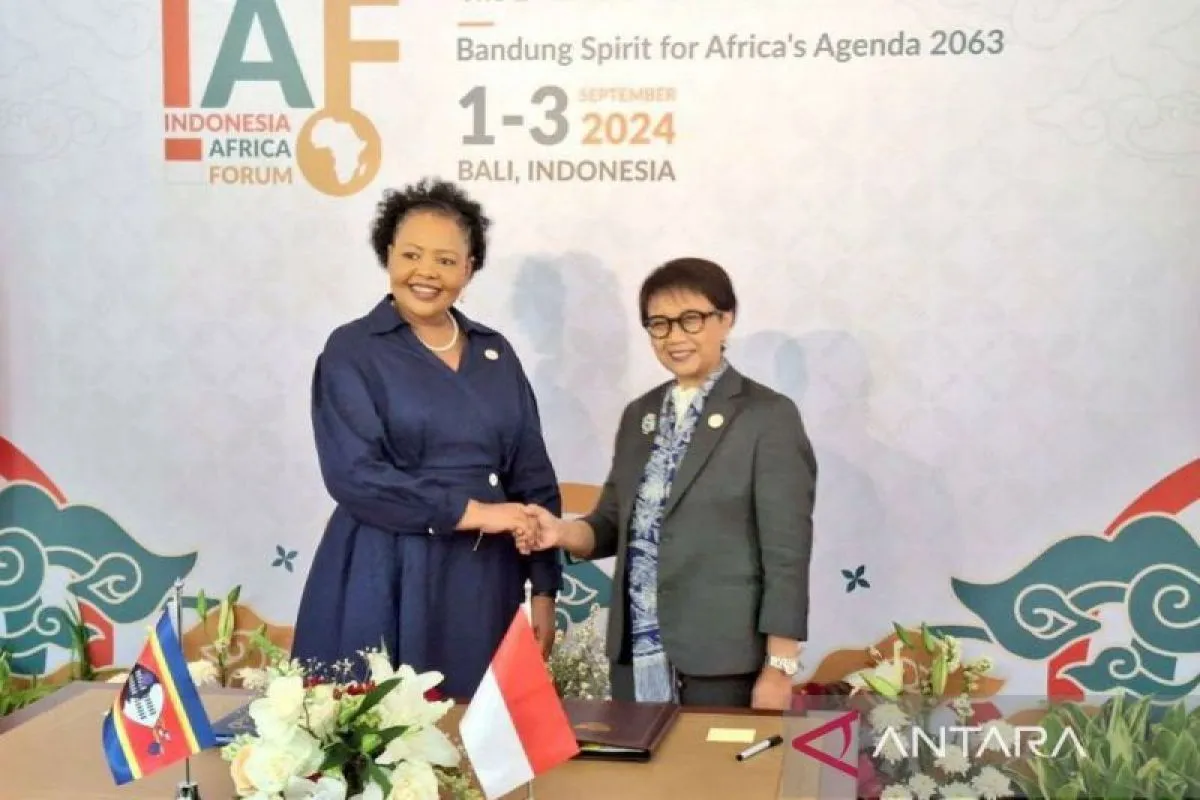
Indonesia and Eswatini signed an agreement on free travel for holders of diplomatic and official passports (PBVDD) during the Indonesia-Africa Forum in Nusa Dua, Bali, 1-3 September 2024. (Photo by: ANTARA/HO-KBRI Pretoria/pri.)
September
Beijing Foreign Studies University Students Promote China-Indonesia Cultural Exchange Through Indonesian-Language Content
Written by Ofra Regina Suharsil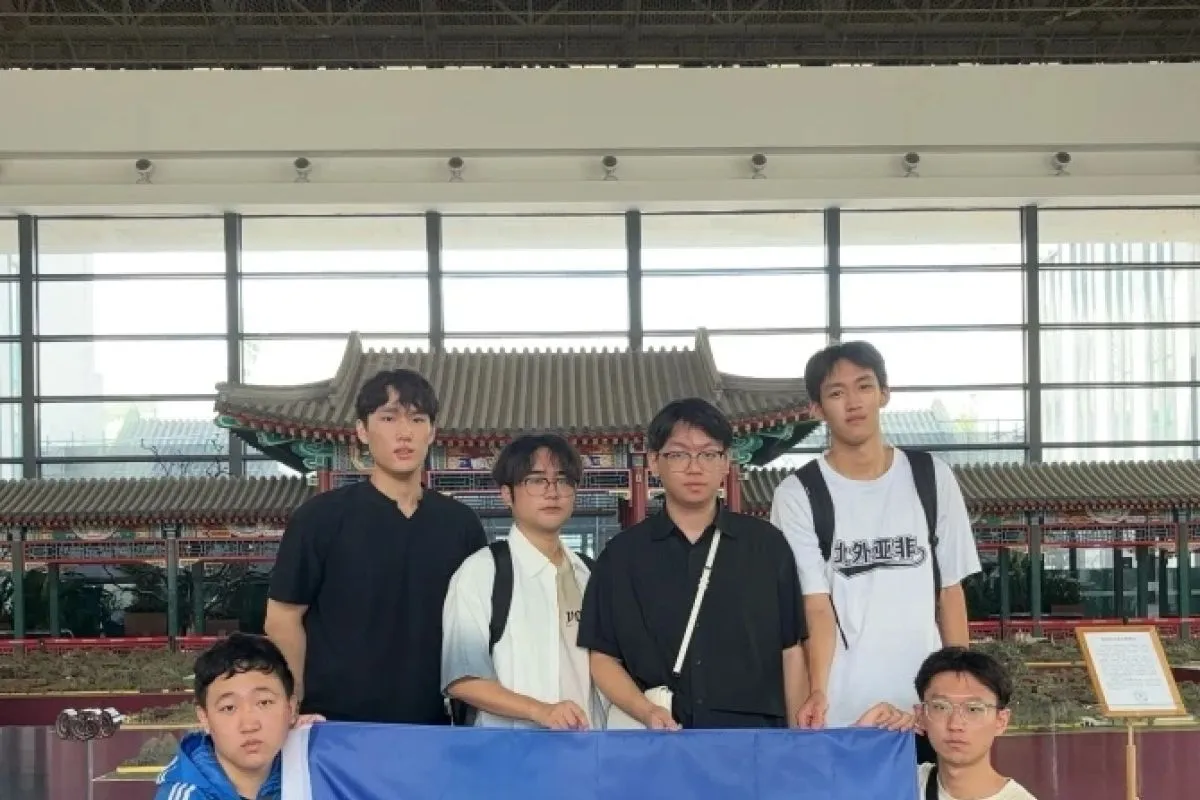
Students of Beijing Foreign Studies University (BFSU) in China. (Foto: ANTARA/Xinhua)
September
Indonesian Ambassador Facilitates Opportunities for Indonesian Workers in Bulgaria
Written by Ofra Regina Suharsil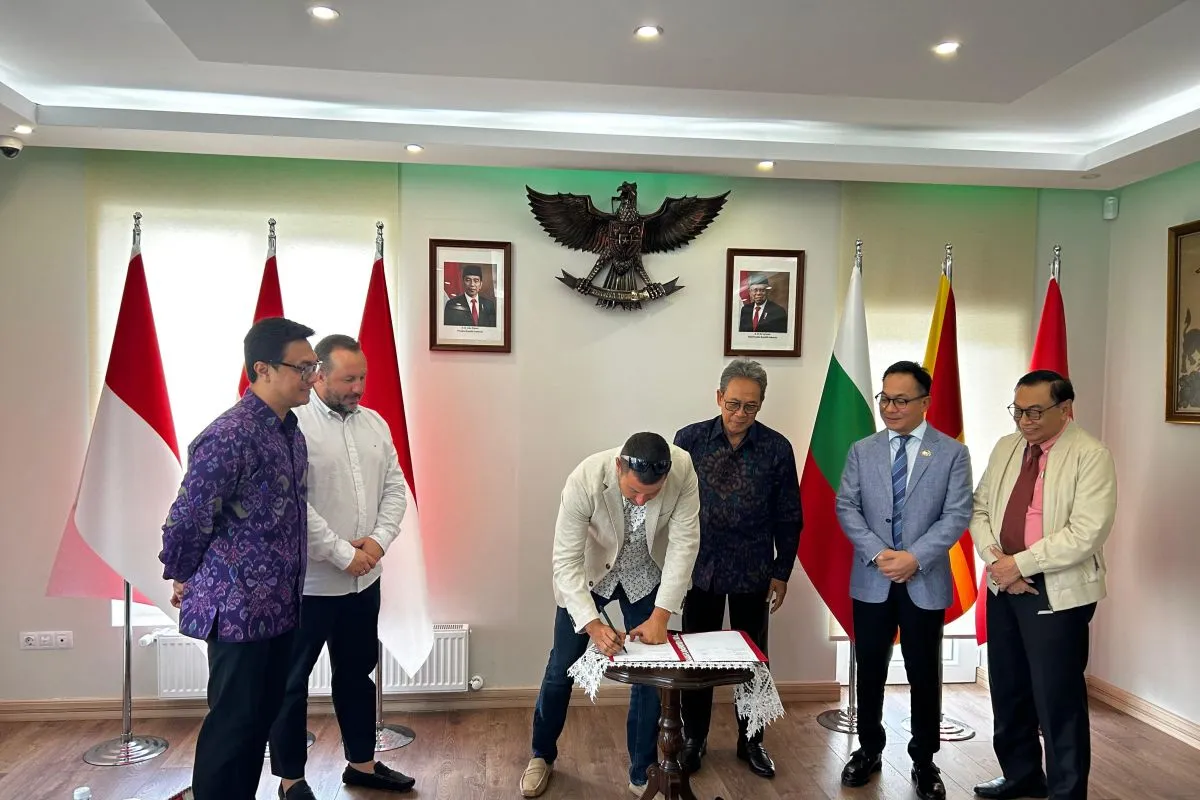
The signing of the Memorandum of Understanding between PT BDM and Balkan Fortune was witnessed by Indonesian Ambassador to Bulgaria Iwan Bogananta (blue coat), accredited to Albania and Northern Macedonia, at the Indonesian Embassy in Sofia, Bulgaria, on Saturday (31/8). (ANTARA/HO-KBRI Sofia)
August
Berlin Zoo's Meng Meng Gives Birth to Twin Panda Cubs, Thrilling the Animal Care Team
Written by Ofra Regina Suharsil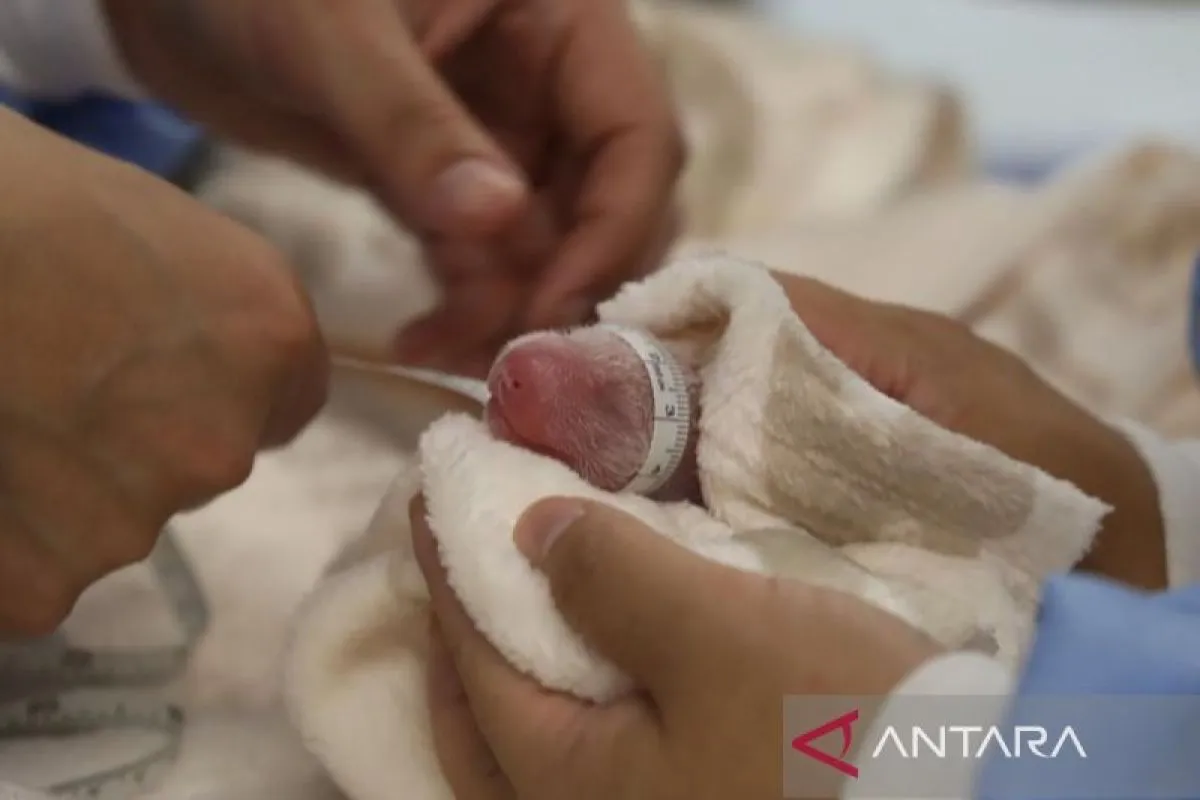
A worker measures one of the twin giant panda babies at the Berlin Zoo in Berlin, Germany (22 August 2024). ANTARA/Xinhua/HO-Berlin Zoo/aa.
August
Indian Ambassador to Indonesia Strengthens Bilateral Ties Through Sports at 2nd India-Indonesia Golf Cu
Written by Ofra Regina Suharsil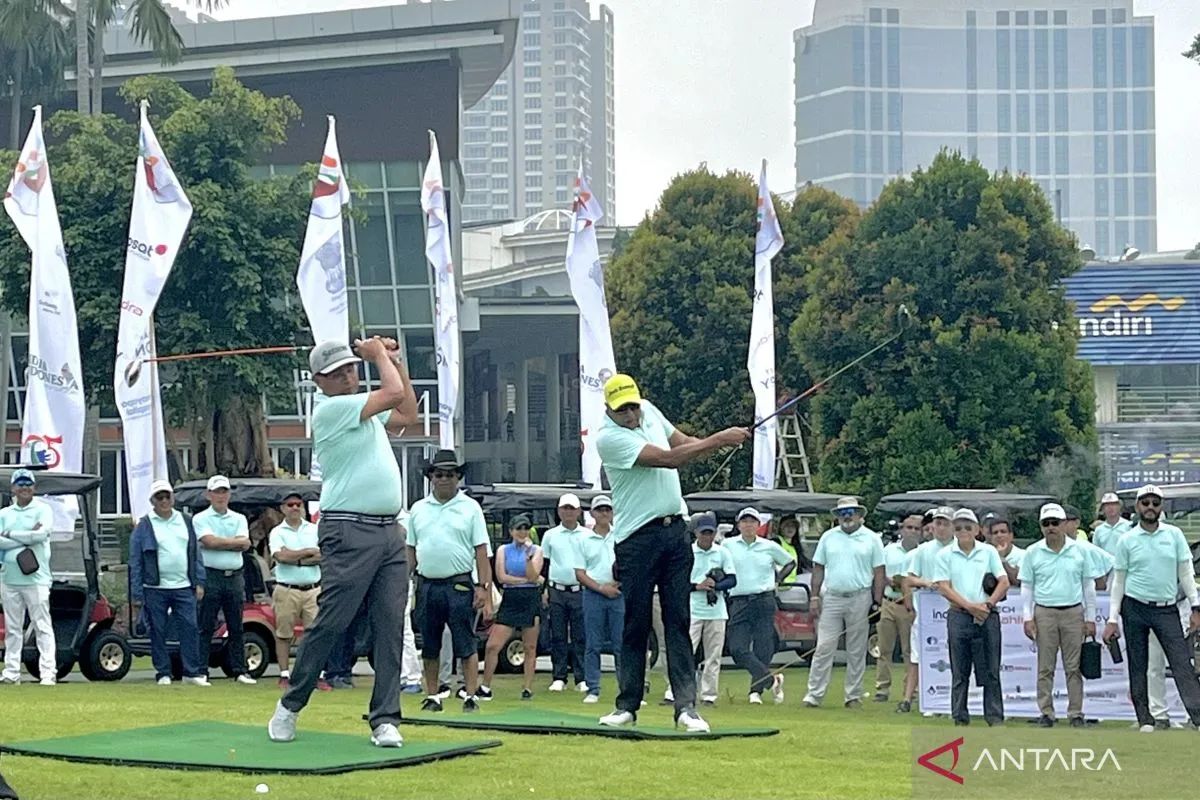
Indian Ambassador to Indonesia Sandeep Chakravorty (left) tees off to open the 2nd India-Indonesia Golf Cup tournament at Pondok Indah, South Jakarta, on Saturday (24/8/2024). ANTARA/Nabil Ihsan.
August
Busan film festival to posthumously honour Parasite actor Lee Sun-kyun
Written by nuke
South Korean actor Lee Sun-kyun was best known for his role in the Oscar-winning film "Parasite". (Photo: AFP/File/ANGELA WEISS) -
VOInews, Busan : The Busan International Film Festival, Asia's largest, will this year posthumously honour late South Korean actor Lee Sun-kyun with the Korea Cinema Award, organisers said on Friday (Aug 23).
Lee, best known globally for his starring role in Bong Joon-ho's 2019 Oscar-winning film Parasite, was found dead in an apparent suicide in December 2023 after a two-month police investigation over suspected drug use, sparking industry outcry and widespread public concern.
The festival's Korea Cinema Award is "presented to filmmakers who have elevated the status of Korean cinema and contributed to its global growth", BIFF organisers said in a statement.
This year, the award "will be given to the late actor Lee Sun-kyun, who won the hearts of both domestic and international film fans through his diverse works", it said, adding the award ceremony will be held during the opening of the next BIFF on Oct 2.
This year's festival will also feature a special screening of the actor's six film and television works, including Parasite, Our Sunhi (2013) and a portion of TV series My Mister (2018).
The programme also includes Lee's last work, released posthumously, Land Of Happiness (2024), in which the late actor played a military solider during South Korea's authoritarian period in the 1970s.
A graduate of South Korea's prestigious Korea National University of Arts, Lee had won acclaim for his performances in a variety of roles since his debut in the early 2000s, including a charismatic chef and a genius neuroscientist who is incapable of empathy.
Lee received widespread critical acclaim for his performance in the 2018 TV drama series My Mister, for his portrayal of a diligent architectural engineer, while globally, he is best known for his role as the wealthy and shallow patriarch in Bong's Parasite.
"We aim to reflect on the acting career and achievements of the late actor Lee, ... who has represented South Korea through his ... profound performances, while also creating a meaningful memorial space," BIFF said.
Following Lee's death, a police officer has come under investigation for allegedly leaking confidential details of Lee's case, which critics claim led to intense mainstream media coverage and a surge of damaging and unverified videos on social media platforms like YouTube.
Previous winners of the Korea Cinema Award include late South Korean acclaimed actress Yoon Jeong-hee, French film critic Charles Tesson and Goran Topalovic, the co-founder of the New York Asian Film Festival.
This year's BIFF will be held in South Korea's port city of Busan from Oct 2 to 11//CNA-VOI
August
Tokyo inflation seen unchanged in August, snapping 3-month acceleration: Reuters poll
Written by nuke
High-rise buildings are seen at the Shinjuku business district during sunset in Tokyo, Japan, on Mar 7, 2017. (Photo: REUTERS/Toru Hanai) -
VOInews, Tokyo : Consumer price inflation is expected to stay unchanged in Japan's capital Tokyo in August, ending three months of acceleration, a Reuters poll showed, suggesting the central bank may not be in a rush to hike rates.
The same poll also found factory output probably rebounded and retail sales kept growing in July, underscoring the strength of Japan's economy after better-than-expected April-June gross domestic product data last week.
Tokyo's core consumer price index (CPI) in August will likely rise 2.2 per cent from a year earlier, according to a median forecast of 16 economists, unchanged from July's pace.
A drop in gasoline and hotel accommodation costs against higher prices the year before would have cancelled out increases in utility costs, analysts said in the poll.
Moderation in the Tokyo core CPI, the leading indicator of nationwide inflation trends, could cool hawkish views for the Bank of Japan's monetary normalisation schedule after the central bank raised its short-term policy rate to 0.25 per cent in July.
The Tokyo core CPI data is due at 8.30am on Aug 30.
Meanwhile, industrial output was seen expanding 3.3 per cent month-on-month in July, rebounding from June's 4.2 per cent drop due to solid demand for semiconductor-related electronics and production machinery items, economists said.
Retail sales growth in July probably slowed, rising 2.9 per cent from a year earlier after 3.7 per cent growth in June, the poll showed.
The Ministry of Economy, Trade and Industry will announce both factory output and retail sales data at 8.50am on Aug 30.
In July, Japan's jobless rate and jobs-to-applicants ratio were forecast to have stayed flat, at 2.5 per cent and 1.23, respectively, the poll also found.
Jobs data is due at 8.30am on Aug 30//CNA-VOI
August
Indonesia and Japan Forge Climate and Waste Management Partnership
Written by Daniel
August
Europe Faces Potential Increase in Mpox Clade I Cases, but Outbreak Risk Remains Low
Written by Ofra Regina Suharsil
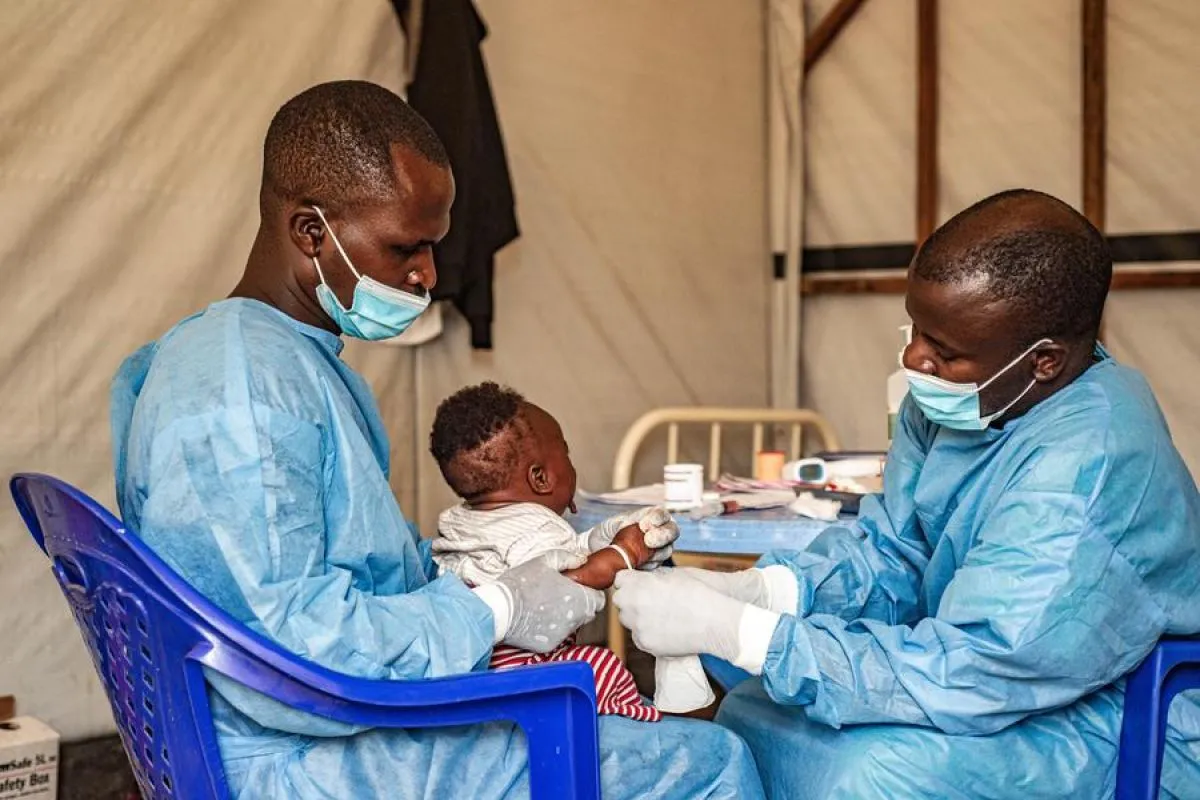
A child infected with mpox receives treatment at a hospital in Nyiragongo region near Goma, North Kivu province, eastern Democratic Republic of Congo (DRC), on 15 August 2024. ANTARA/Xinhua/Zanem Nety Zaidi.

